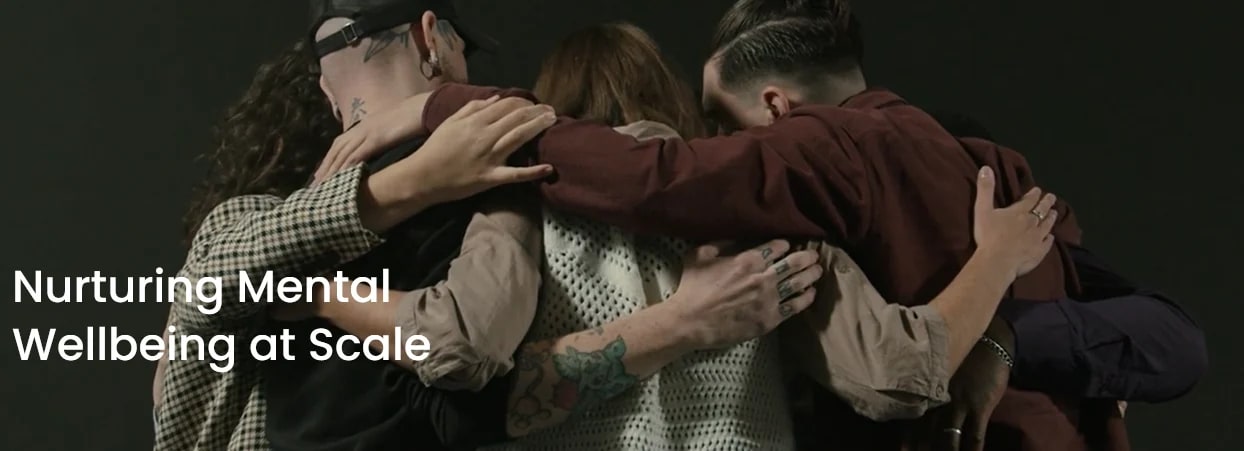How to increase EAs productive hours by up to 35%
We need your help. 8-9 more productive hours per week. A 20% decrease in anxiety. Roughly 1 point on the 0-10 overall wellbeing scale. These are just some of the improvements that participants experienced, on average, in Rethink Wellbeing’s inaugural support group program. This program offered mental wellbeing tools drawn from cognitive-behavioral therapy to altruists committed to making the world a better place … because it’s often people who are trying to do the most good who are experiencing the most stress. And when they feel better, it benefits not just them, but also those they are trying to help. Our current cost-effectiveness BOTEC based on the pre-post study results on 42 EAs estimates, we might rival GiveWell’s recommended top-charities.
Help us continue to help others! Your contribution can be the lifeline for a promising young charity facing the crucial need for short-term follow-up funding to sustain and grow. To lay our cards on the table, the EA funding landscape currently doesn’t look good due to the happenings of 2022⁄23 that you are probably aware of, and we don’t know yet if Rethink Wellbeing will make it beyond January 2024. Your contribution would move the needle for us significantly, especially because our org is still small.
With enough donations for 2024, we could:
Continue serving the program to altruistically-minded people, creating a waterfall of goodness; Our goal is to support around 300 EAs next year.
Improve the program to make it even more powerful and efficient, potentially exploring new types of changemakers and formats,
Test the improved program in a more rigorous, gold-standard randomized controlled trial (RCT) to make it eligible to become a recommended charity by GiveWell
In our in-depth end-of-the-year EA forum post, you can learn more about:
our organization, and the committed team behind the initiative,
what we did in our first year of 2023, what our program, our pre-post-study outcomes, and our CEA look like,
what we plan to do in 2024, and how exactly we intend to use donations and funding.
You can make a difference by taking part in our Giving Campaign, i.e.,
sharing our in-depth EA forum post with relevant individuals or groups in your network who might be happy to support or donate to us and/or
donating to us, through our Giving What We Can website.
Take good care of yourself and the people around you!


This number sounds suspiciously high to me. Do you have any further details? How long did these effects last? Have you done any comparisons to other interventions with similar people, such as using some mental health apps etc?
Hi Gabriel,
I agree that this number seems surprising at first. You can a more in-depth analysis in our main end-of-the-year-report post. This is how we arrived at the number (N=42): To assess productivity, we employed the Work Productivity and Activity Impairment Questionnaire: General Health V2.0 (WPAI:GH, 2015). This helped to quantify the actual amount of productive hours gained. We basically measured the hours worked as well as the productivity during those hours.
The results: Five hours or 18% more hours are worked overall (pre-mean=23, post-mean=28), and 57% fewer hours are lost due to mental health issues before and right after the program. Also, within the hours worked, productivity was claimed to be 13% less impaired by mental health issues, which is equivalent to 3.6 hours of more work. This mounts up to an overall productivity increase of 8.6 hours or 37% per week. This finding is aligned with the larger increase in executive function we observe.